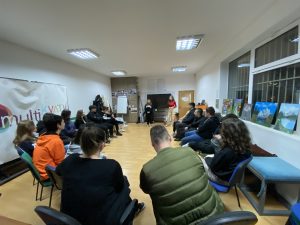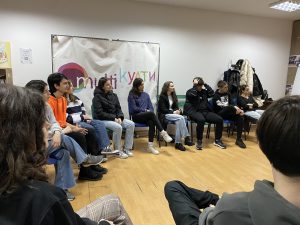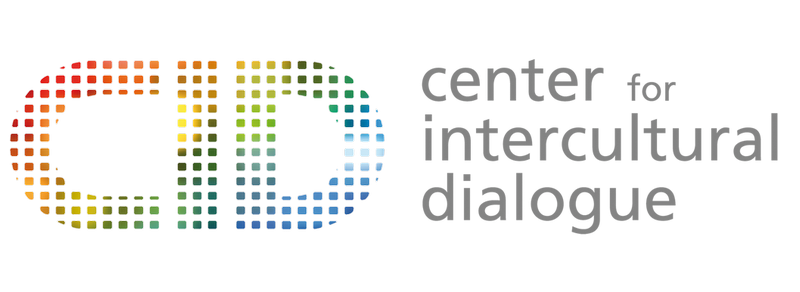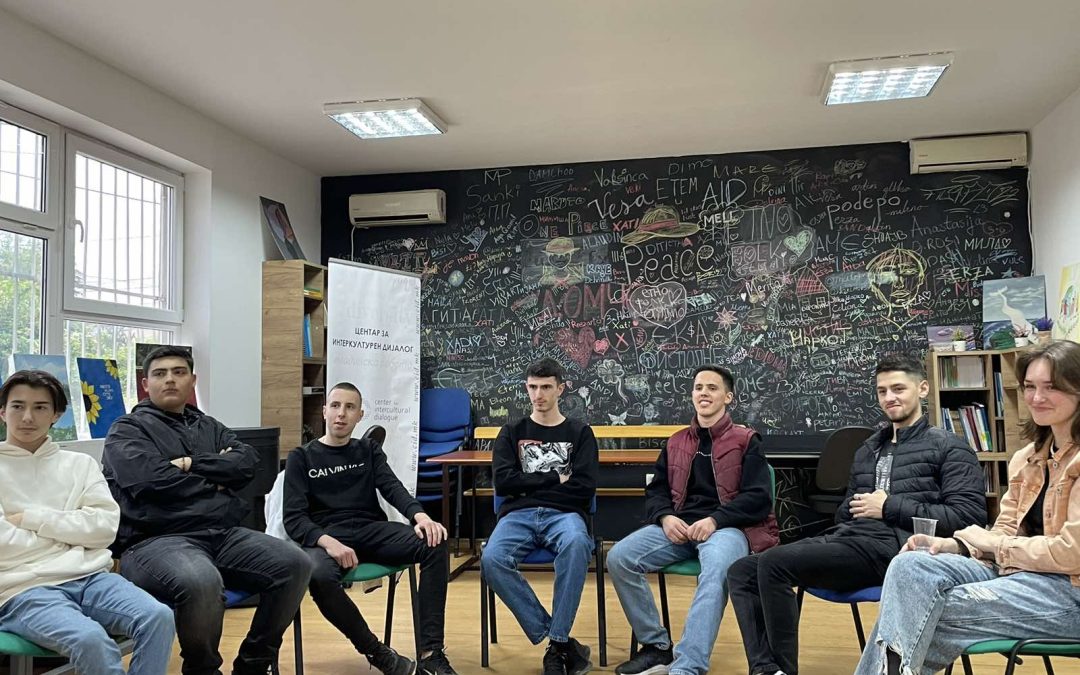In the heart of Kumanovo, North Macedonia, two Focus Groups took place in October and November, organized by Center for Intercultural Dialogue (CID). These Focus Groups gathering brought together 30 young individuals aged 15 to 26 from diverse backgrounds, aiming to uncover the factors driving youth involvement and the hurdles they encounter in community engagement.
Young voices from Kumanovo, Lipkovo, and Staro Nagoricane participated in the focus group. Among them were those facing adversity, residing in disadvantaged neighborhoods, alongside others eager to contribute positively to their surroundings. Youngsters from five local high schools and one university participated in them. Besart Shabani, a skilled facilitator of young engagement, led the focus groups.
During the discussions, the group revealed what inspires young people to get involved, such as wanting to grow personally, connect with others, and make a positive impact. On the other hand, they also talked about things that make it harder for them to participate, like having a lot of schoolwork, not having friends to join them, and facing difficulties with transportation. Meaning, transportation and limited finances were common concerns. However, the focus group showed determination by proposing ways to overcome these challenges and make sure everyone could contribute to the community.
The discussions of the focus group were not just talk; the participants came up with practical ideas. They suggested creating more safe places like MultiКулти where young people could express their worries, proposed workshops to improve well-being, and highlighted the importance of treating young people equally when making decisions. So. when it came to involving young people in making decisions, it was pointed out a difficulty – not being considered seriously because of their age. They suggested using social media and schools to make young voices heard in important community discussions.
To help outcome these things, the groups emphasized workshops on topics like politics, leadership, and civic duties as ways to support and empower young leaders, helping them grow in skills and self-confidence.
In order to motivate more young people to participate, the group recommended raising awareness about the importance of being engaged in the community. They proposed organizing workshops and activities that showcase the positive influence young individuals can have.
In conclusion, the UP2YOU(th)! Focus Groups captured the hopes and thoughts of young people in Kumanovo. It showcased their strong will to overcome difficulties and make positive contributions to their neighborhoods. Through discussions, ideas, and a strong desire to learn, these young voices represented the essence of active citizenship, showcasing how youth involvement can bring about meaningful change.


After the two Focus Groups, the project will continue with desk research and with Local Workshops to overcome these challenges that the youngsters of North Macedonia face.

